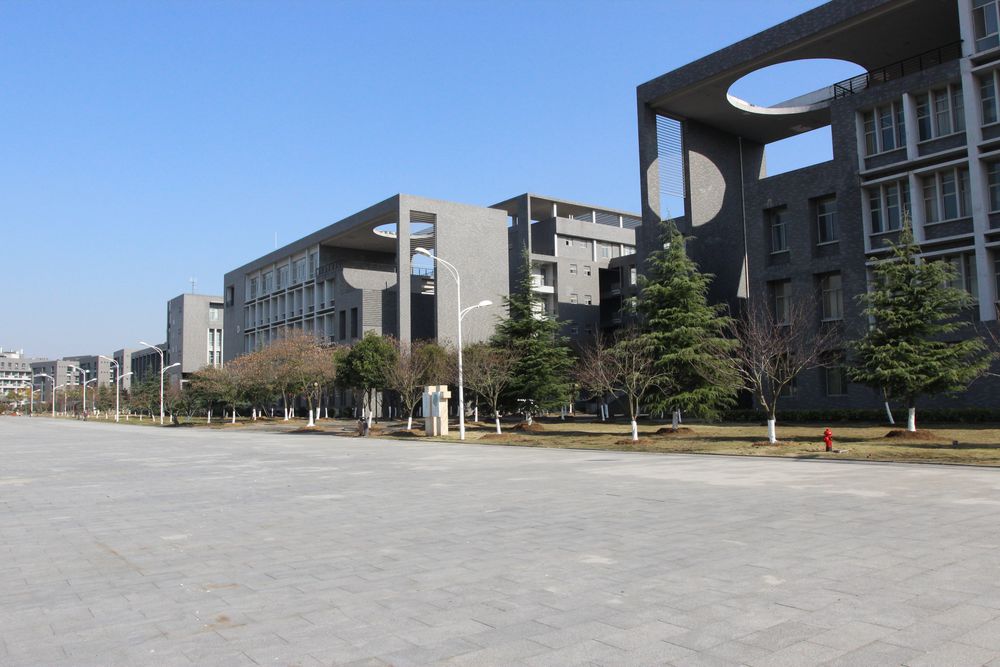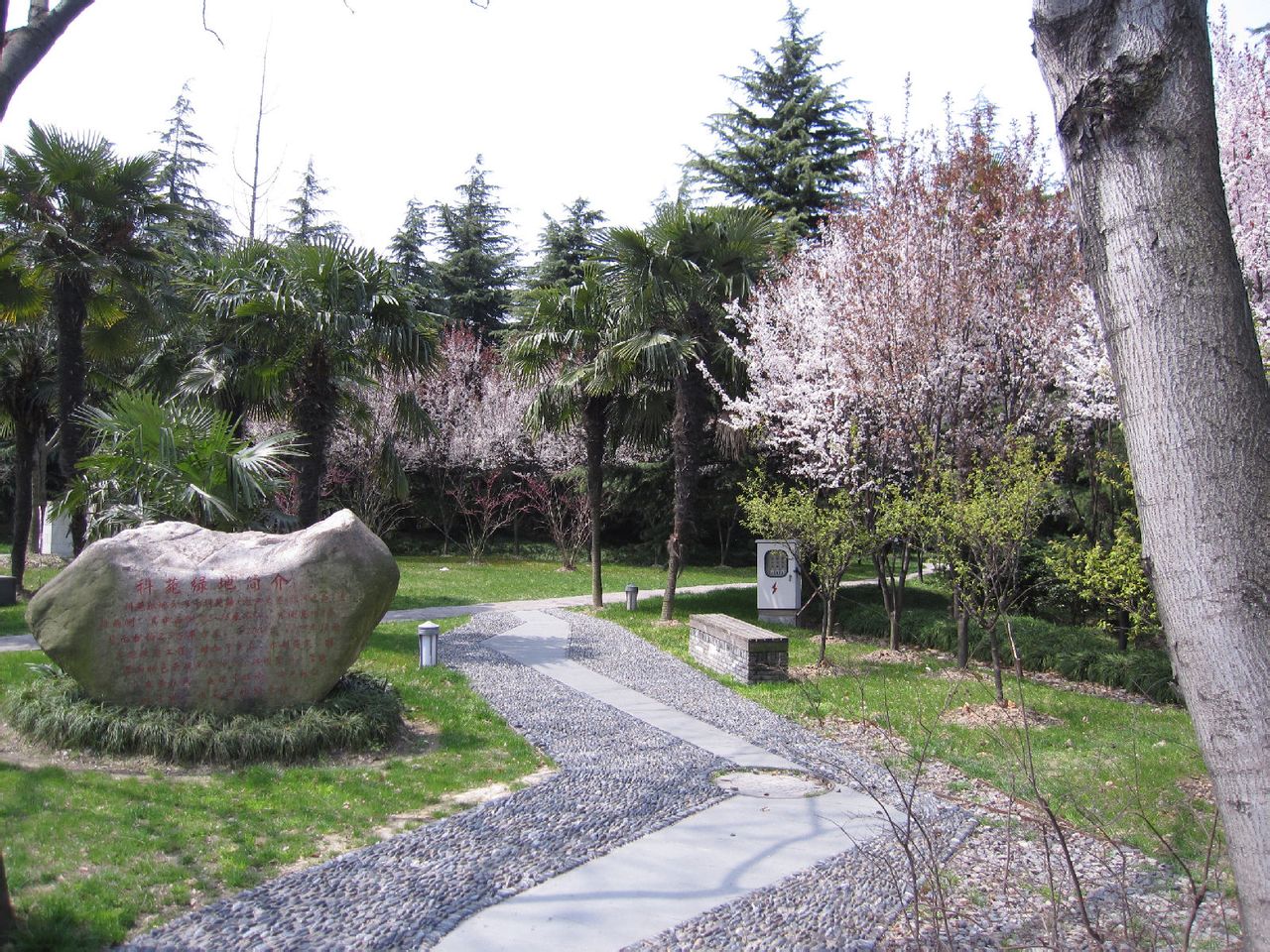China Pharmaceutical University on:
[Wikipedia]
[Google]
[Amazon]
China Pharmaceutical University (CPU; ) is a public university in Nanjing, Jiangsu, China. It is affiliated with the






Official website
3d map of China Pharmaceutical University
{{authority control Universities and colleges in Nanjing Pharmacy schools in China Project 211 1936 in Nanjing
Ministry of Education
An education ministry is a national or subnational government agency politically responsible for education. Various other names are commonly used to identify such agencies, such as Ministry of Education, Department of Education, and Ministry of Pub ...
, and co-sponsored by the Ministry of Education and the Province of Jiangsu. It was founded in 1968 through mergers between the National College of Pharmacy and other smaller universities. The university is part of Project 211
Project 211 ( zh, c=, links=no, s=211工程) was a higher education development and sponsorship scheme of the government of China for "preparing approximately 100 universities for the 21st century", initiated in November 1995. There were 115 ...
and the Double First-Class Construction
The World First-Class Universities and First-Class Academic Disciplines Construction (), together known as Double First-Class Construction (), is a higher education development and sponsorship scheme of the Chinese central government, initiated ...
.
History
In September 1936, the National Pharmacy College (four-year system) was founded. During theSecond Sino-Japanese War
The Second Sino-Japanese War was fought between the Republic of China (1912–1949), Republic of China and the Empire of Japan between 1937 and 1945, following a period of war localized to Manchuria that started in 1931. It is considered part ...
, the school moved to Hankou
Hankou, alternately romanized as Hankow (), was one of the three towns (the other two were Wuchang and Hanyang) merged to become modern-day Wuhan city, the capital of the Hubei province, China. It stands north of the Han and Yangtze Rivers w ...
, Wuhan, and then to Chongqing
ChongqingPostal Romanization, Previously romanized as Chungking ();. is a direct-administered municipality in Southwestern China. Chongqing is one of the four direct-administered municipalities under the State Council of the People's Republi ...
, and in June 1950, the school was renamed East China Pharmacy College ( zh, 华东药学专科学校). In November 1952, the Department of Pharmacy of Qilu University and the Department of Pharmacy of Soochow University were merged into the East China Pharmacy College, and the pharmacy class of Wuhan Central and South China College of Hygiene was merged into the school in 1953, and the school began to enroll postgraduates in 1955. In 1956, the school was renamed Nanjing Pharmacy College, and in October 1986, the school was merged with Nanjing College of Chinese Medicine to establish China Pharmaceutical University. In 1996, university entered the ranks of the national "Project 211
Project 211 ( zh, c=, links=no, s=211工程) was a higher education development and sponsorship scheme of the government of China for "preparing approximately 100 universities for the 21st century", initiated in November 1995. There were 115 ...
", in February 2000, turned into the Ministry of Education
An education ministry is a national or subnational government agency politically responsible for education. Various other names are commonly used to identify such agencies, such as Ministry of Education, Department of Education, and Ministry of Pub ...
directly management. In 2001, Jiangsu Pharmaceutical School was merged into it.
Campus
CPU is located in the ancient capital of Nanjing and comprises two campuses including Xuanwumen campus located in downtown Nanjing and Jiangning campus in the southeast outskirts of Nanjing.





Schools and departments
CPU consists of six schools (School of Pharmacy, School of Traditional Chinese Pharmacy, School of life science and Technology, School of International Pharmaceutical Business, School of Continuing Education, and School of Higher Vocational Education), four independent departments (Dept. of Basic Sciences, Dept. of Foreign Languages, Dept. of Social Sciences, and Dept. of Physical Education), and five key labs and centers at state or provincial levels.Programs
The university has 3 first-level disciplinary doctoral degree authorization points (pharmacy
Pharmacy is the science and practice of discovering, producing, preparing, dispensing, reviewing and monitoring medications, aiming to ensure the safe, effective, and affordable use of medication, medicines. It is a miscellaneous science as it ...
, traditional Chinese medicine
Traditional Chinese medicine (TCM) is an alternative medicine, alternative medical practice drawn from traditional medicine in China. A large share of its claims are pseudoscientific, with the majority of treatments having no robust evidence ...
, biology
Biology is the scientific study of life and living organisms. It is a broad natural science that encompasses a wide range of fields and unifying principles that explain the structure, function, growth, History of life, origin, evolution, and ...
), 1 doctoral professional degree authorization point (biology and medicine), 8 first-level disciplinary master's degree authorization points (pharmacy, traditional Chinese medicine, biology, chemistry, biomedical engineering, basic medical science, public administration, public health and preventive medicine), 5 master's professional degree authorization points (pharmacy, traditional Chinese medicine, biology and medicine, applied statistics, public administration), with two postdoctoral mobile stations in Pharmacy and Traditional Chinese Medicine. The first-level discipline of Pharmacy is a key discipline at the national level.
Faculty
Among the 530 faculty members, 2 are academicians (members of the Chinese Academy of Sciences and the Chinese Academy of Engineering), and more than 40% have advanced academic titles. So far, the university has undertaken more than 70 research projects financed by the State Key Programs Foundation, and more than 300 research projects financed by the State Natural Sciences Foundation and the State New Drug Research Foundation. There are also funding from other national, provincial and municipal departments. Many projects have reached the international level and filled the gaps in the country's pharmaceutical field.Students
, CPU has 19,730 full-time students, including 448 international students. CPU is the only institution that is authorized by the Ministry of Education to admit full-time pharmacy students, continuing education students and senior visiting scholars from overseas. It is also one of the higher educational institutions in the mainland for students from Hong Kong, Macao and Taiwan.International
The university is also active in international academic exchanges. It has made academic exchange agreements with more than 30 higher education institutions in different countries and regions of the world, including Japan, the United States, UK, Australia, Italy and Hong Kong. In addition, it maintains academic relationships with research institutions and universities in more than 40 countries and regions.See also
* Pharmacy in China * Pharmaceutical industry in China * List of medical schools in the People's Republic of ChinaReferences
External links
Official website
3d map of China Pharmaceutical University
{{authority control Universities and colleges in Nanjing Pharmacy schools in China Project 211 1936 in Nanjing